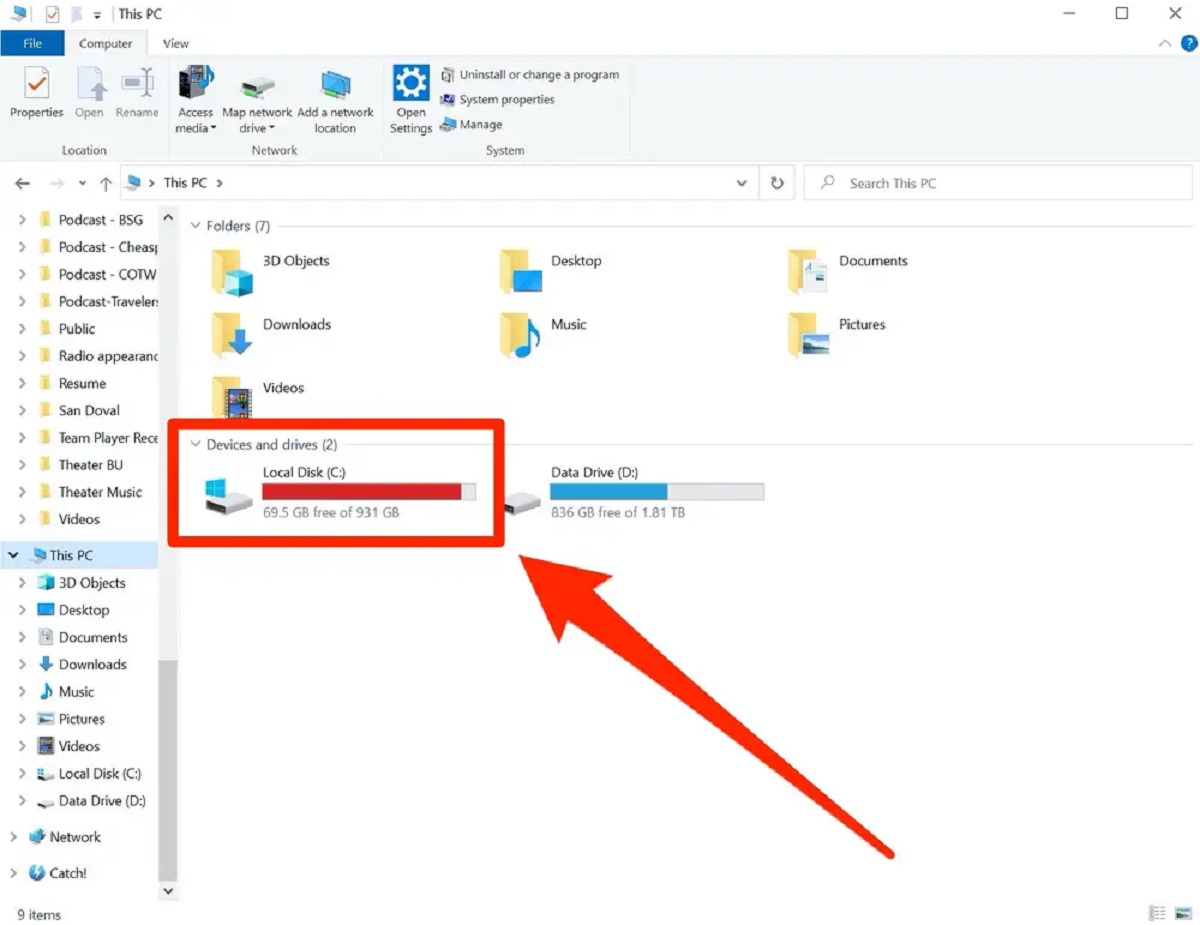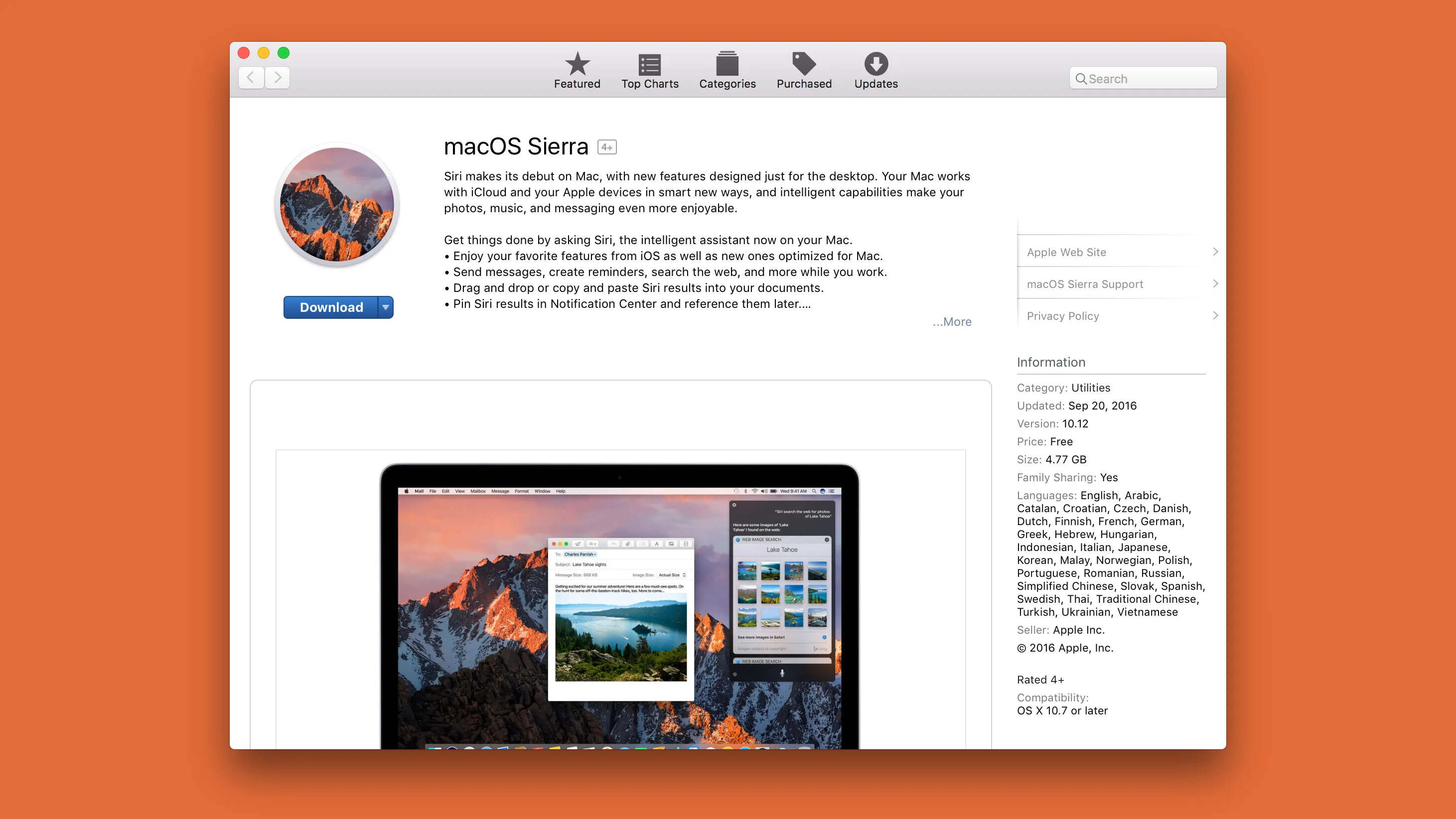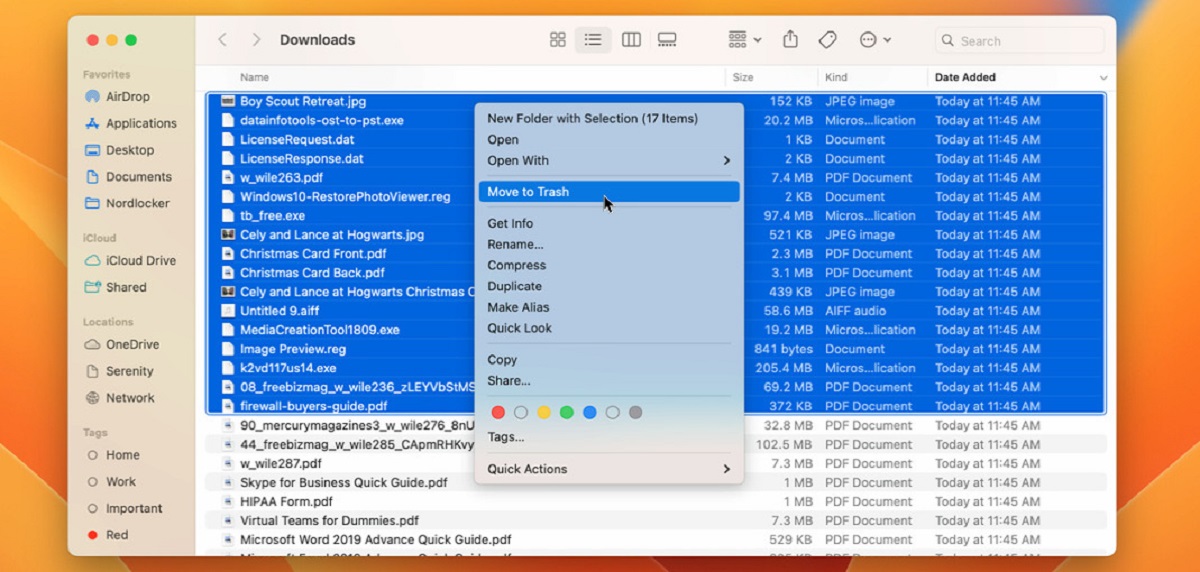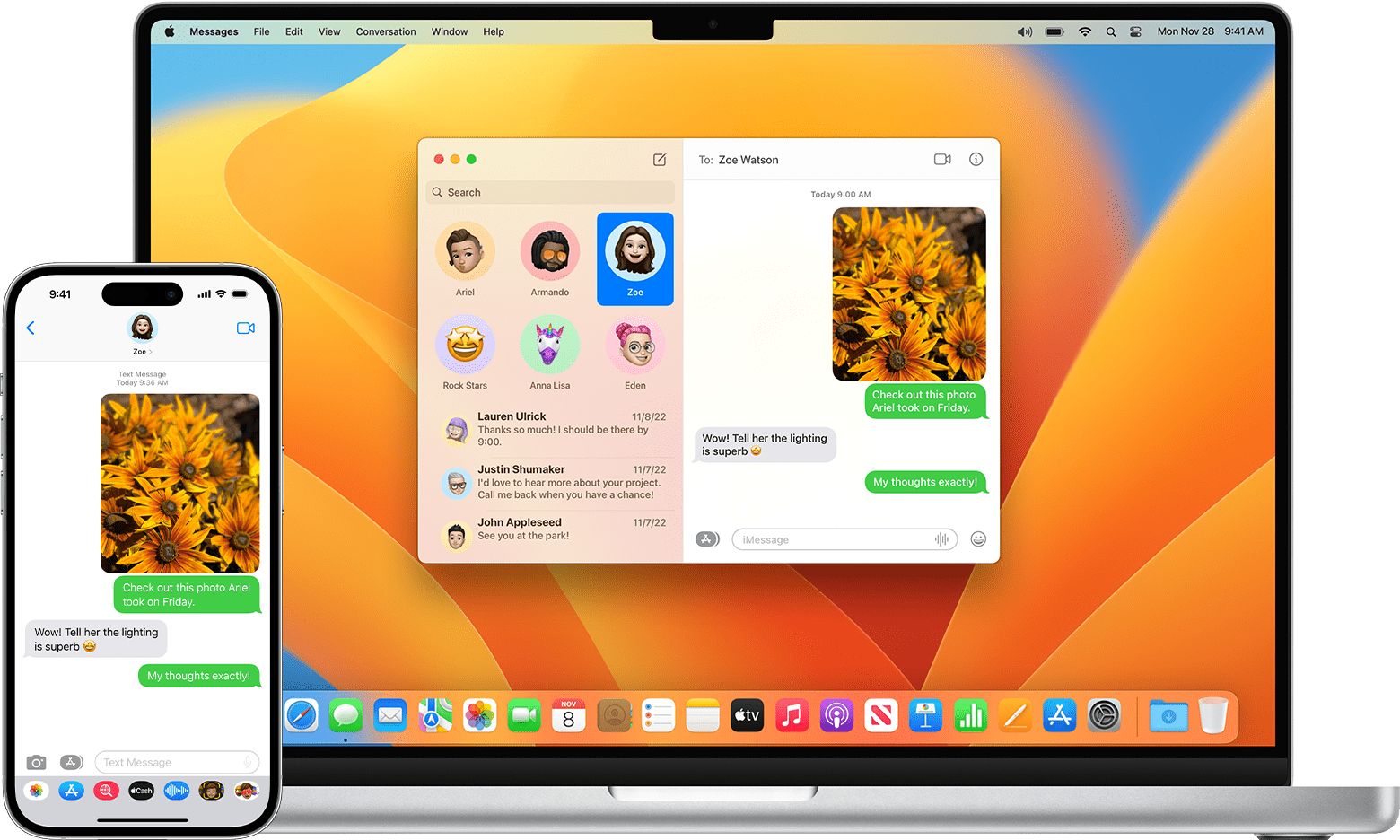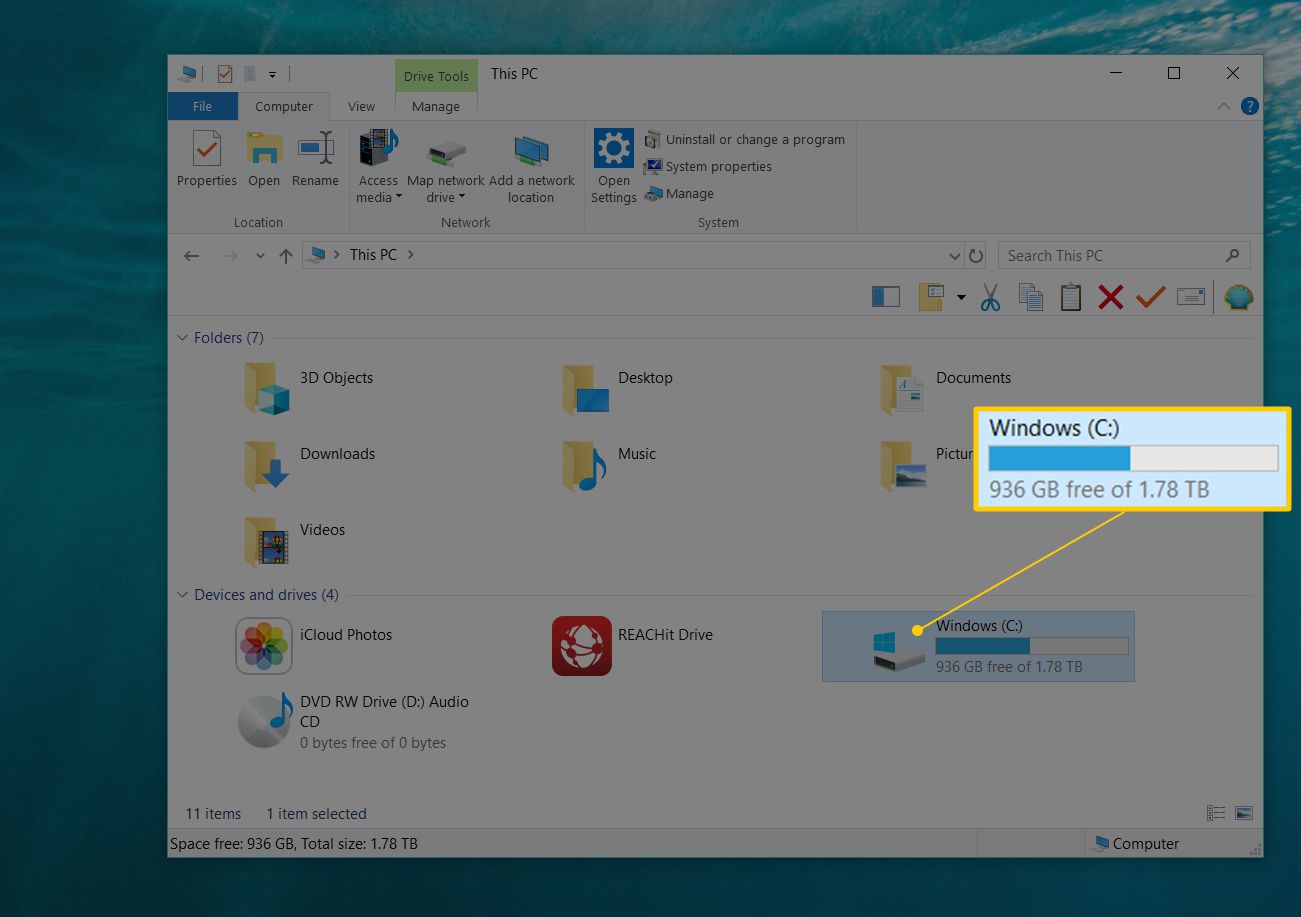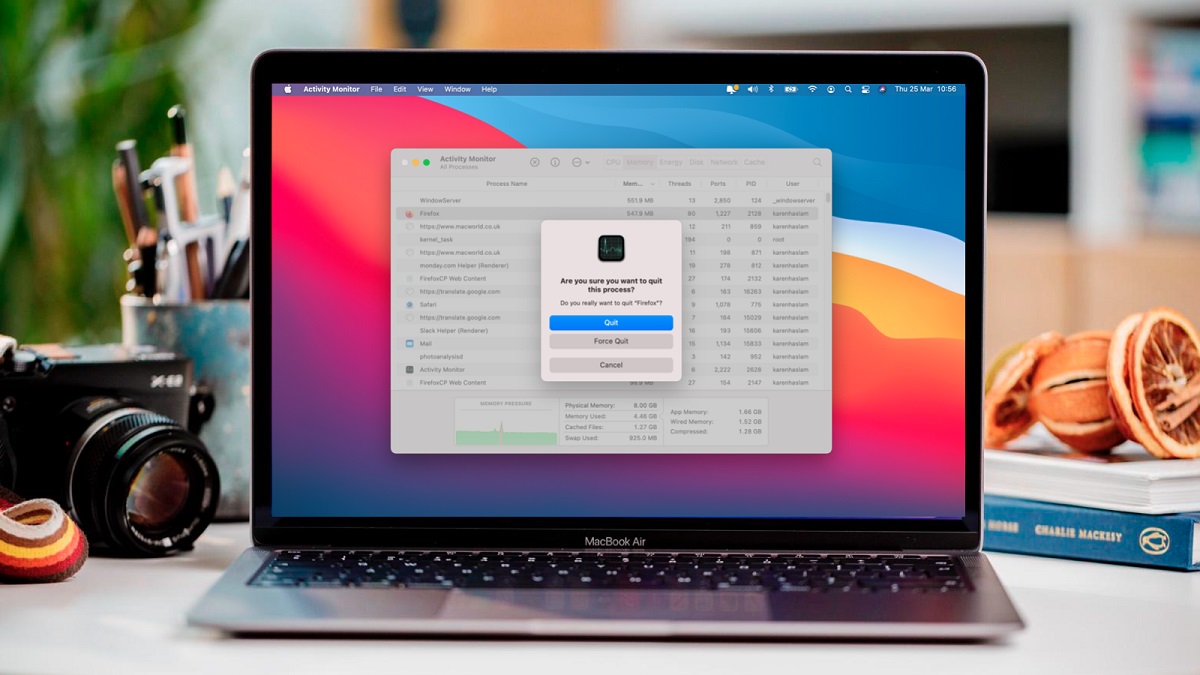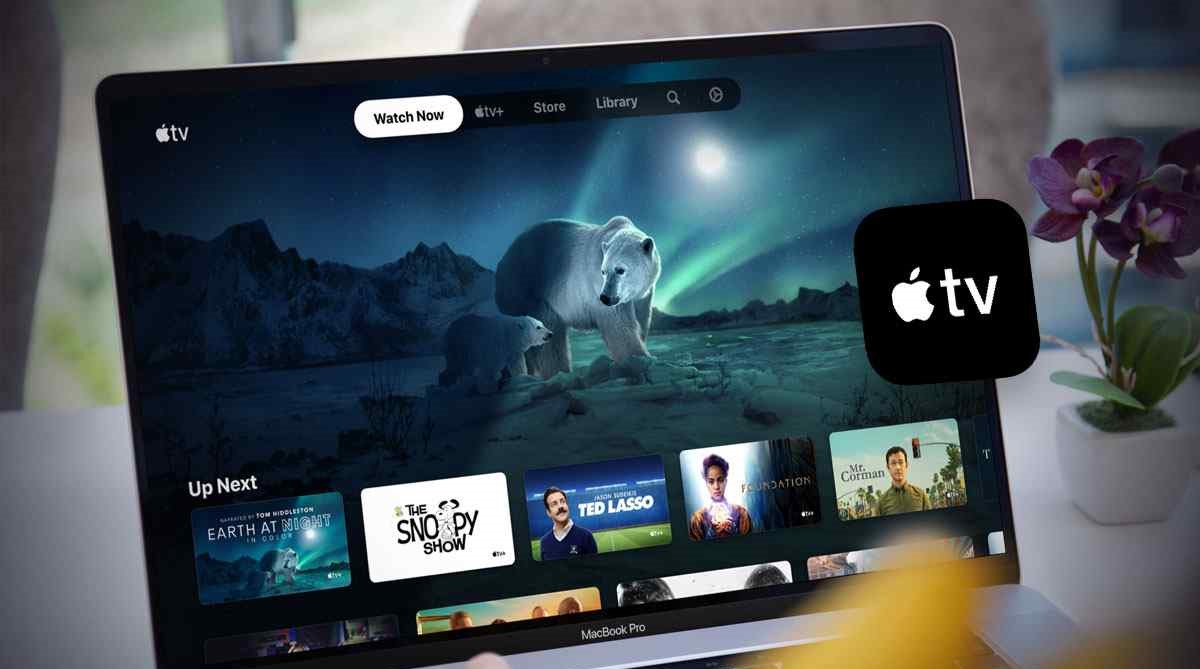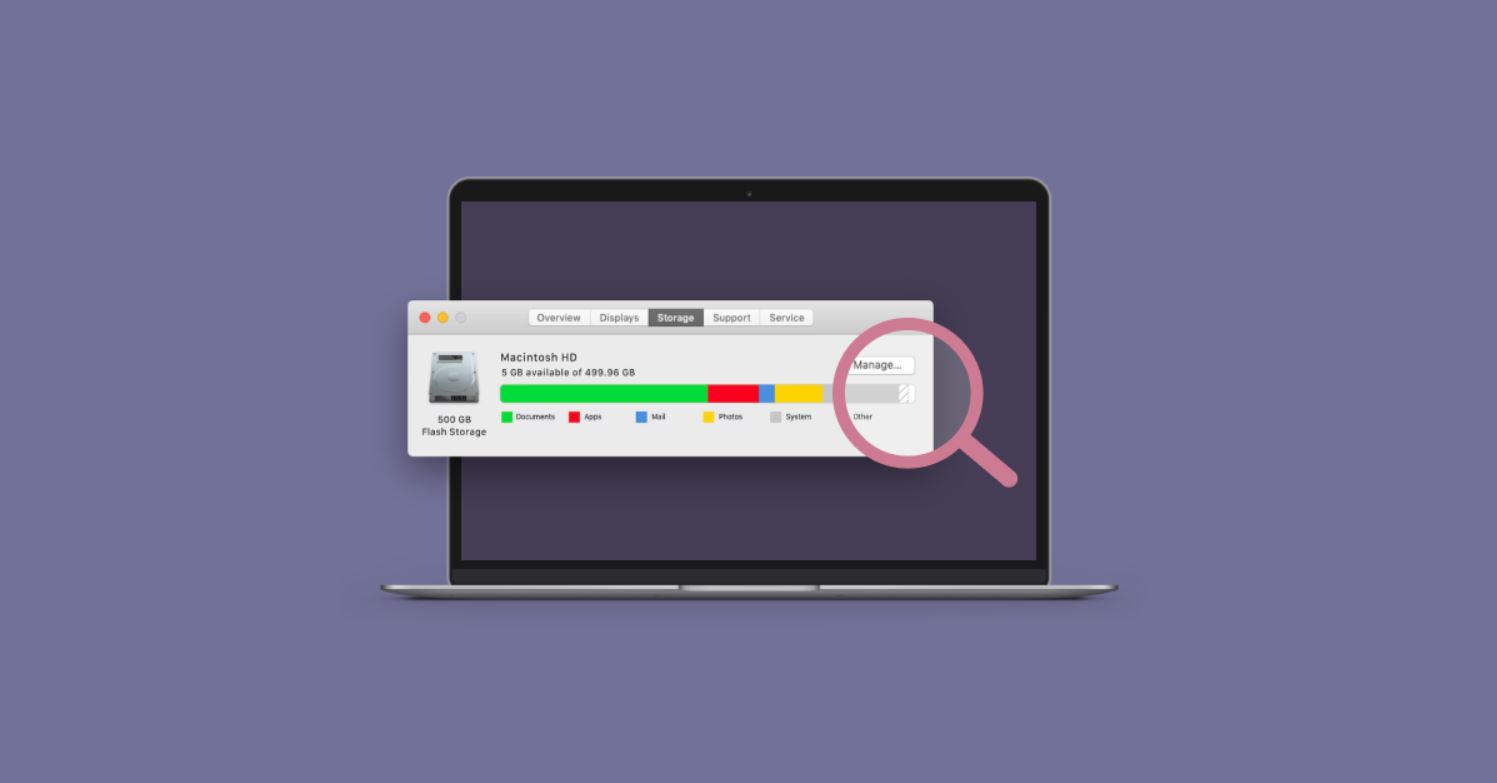Whether it is your first time or you’ve been a long time user of Mac products, your first question will always be, how to free up space on Mac. It is because the physical design on their laptops doesn’t seem to have the capacity to expand the memory the moment you get one.
Up front, you need to decide how much storage you will get because the price varies for each model and specifications. There are tools available on how you can free up disk space on Mac, but there are also some quick fixes that you can try first even before you purchase your Mac.
Decide the Purpose of Your Mac


Like any device purchase, you need to decide the purpose of your Mac so you can start optimizing it. Consider what kind of files you will save and the apps you will use. This way, you can already figure out how to save on storage and worry about how to free up space on the Mac drive.
A 256 GB entry-level storage could save up to 130k 2-MB photos for a normal Mac usage you can get by choosing this memory for your Mac.
So let us say you already purchased your Mac and after years of using it you got an alert that your disk is almost full. Let us first understand why it is important to free up space on Mac.
If your Mac reaches 80% of its memory, it will be noticeably slower. This is because your Mac starts to fragment new files into small pieces to store them. Take note that this process will consume a lot of available RAM, and it’ll be better if you have a lot.
It is important to free up space from time to time to avoid fragments on your disk and prolong the usage of your device.
Here are some tips that you can do to free up your disk without using an app. If you are searching for a how to free up disk space on your computer guide for PC users, we have one that can help you out.
How to Free up Space on Mac Computers
Delete Any Large, Unwanted Files
- Press command + F while you’re on your Mac computer.
- Select the “This Mac” option.
- A drop-down menu will appear. Select Other.
- From the search attributes menu, choose the file size and file extension.
From here, you can choose all the files with the .ZIP and. DNG file extensions as you’ve used them already to install apps or extract the files. This method shall free up at least 2-5 GB of your memory.
Remove Apps That You Do Not Use
Admit it, when searching for items you want to be done, we often find apps to help us with it only to find out that they are only on a free trial and need additional purchases. Don’t neglect these apps, and remove them if you are no longer using them.
There three ways to delete apps from your Mac. One is to drag the apps to the trash; second is to delete via launchpad, and the third is to use an app to delete them.
To Delete Apps via Launchpad
- Open the launchpad from your dock.
- Press the command key and hold any app icon until they start shaking.
- Click on the “x” icon for the apps you want to delete.
There would also be a bunch of unseen apps, and this is where you will need another app like CleanMyMac X.
If you have this app, you can simply launch it, go to the Uninstaller tab, and delete the apps you do not need. Make sure to also check the leftover section to make sure all the old pieces of the apps are gone.
Remove Browser Cache
For heavy internet users using multiple browsers — Safari or Chrome — your drive would be full of cache.
To Clear Cache on Chrome
- Open your Chrome browser and click on the three-dot icon on the upper right part of the window.
- Click on More Tools then choose “Clear browsing data.“
- Also, choose clear “Cached image and files.”
To Clear Cache on Safari
- Open your Safari browser.
- Click on “Develop” from the main menu.
- Click on empty caches.
Delete System Junk


System junk is the evil that slows down your Mac and even if there are tons of articles on how to clean up your system junk, it is a nightmare even for an experienced user.
For this method, you will need another app like the CleanMyMac X to do it once again. You can choose to delete system junk from the dashboard and you are good to go.
Use Optimized Storage Options
With the release of the new Mac OS, Sierra, Apple introduced a tool to fix storage management issues. Problems with pre-installed applications and programs? Well, it’ll take care of that problem for you. To do this:
- Go to your desktop and click on the Apple icon.
- Choose “About this Mac.”
- Click on the “Storage” tab then “Manage.”
Delete Duplicate Files


Most of the time, we will forget that we have saved the same file over and over again. This happens when you work offline and would need files from somewhere like from an email attachment. You end up downloading the same file because you keep on forgetting where you saved them.
You can try an app called Gemini 2 to delete duplicate apps.
Delete Your Trash Regularly
We are sure we have files in the trash for a reason right? We often forget that we are organizing these files to be deleted permanently on a later date. You can do this weekly by right-clicking on the Trash icon and choosing “Empty Trash.”
You can also set up to automatically delete your trash every 30 days. To do this:
- Go to your Finder and choose “Preferences.”
- Choose “Advanced.”
- Check the box that says “Remove items from Trash every 30 days.”
Delete Extra Language Files
Devices are designed to work in all countries, and your Mac would have every single language a user can choose from. If you do not need those languages, you can choose to delete them using CleanMyMac X as well.
Clear Your Desktop
A desktop is our go-to place to save all files quickly. We rarely visit it until such time we need to free up some disk space. To clean your desktop, simply press the Command + F3 key. If your Mac has a touch bar, press Fn + F11 instead.
For OS Catalina, you can use stacks and it will automatically group items according to its category.
Compress Your Files
Archiving can reduce file size without losing its quality. Note that every file compresses differently. You may find simple files like documents and presentations easier to compress versus videos.
To compress files:
- Choose the folder/s then right-click on it.
- Choose “Compress” and your Mac will automatically create a Zip folder for them.
Slimdown Time Machine Backup
This is another way to free up your disk space, which can be done by using CleanMyMac again.
Remove Your Old iPhone Backups
You know how Mac wants to consolidate all your devices. If you’ve changed phones or deleted some photos, you should also check your old backups. You can simply do this by:
Mac Mojave
- Go to Finder and then to Folder
- Paste in: ~/Library/Application Support/MobileSync/Backup
- Move the content of the folder to the Trash
Mac Catalina
- Go to Finder
- Click Preference
- Choose Manage Backups
Clean Your Email
If you regularly clean your inbox, then you should also clean your junk or spam folder. It could also take up some space even if you do not notice it. To clean your junk folder:
- Open your Mail app
- Go to your Mailbox tab
- Choose Erase Junk
This step cannot be undone so make sure you sweep your junk mail first if there is the important email that went there.
The other thing you could do is to download an app that caters to optimizing your disk space.
Apps That Can Help Free Up Space on Your Mac
CleanMyMacX


We’ve mentioned this app several times in this article and if you’re wondering whether CleanMyMac X is safe, it is.
CleanMyMacX is a tool that will supercharge the performance of your computer. It provides deep level cleaning, malware removal, and a performance boost.
There are a free version and a paid version at $39.95.
Disk Doctor
It quickly scans your storage and removes any junk that causes your Mac to slow down.
This app costs $2.99.
MacBooster
This is a popular app that removes duplicate files at the same time protects your Mac real-time, acting like an anti-virus.
Its free version lets you remove junk files, unlike CleanMyMacX. The only downside of this app is that when you uninstall it, it leaves traces of files on your disk.
This app costs $59.95 and has a free version to try.
Onyx
It lets you clean your disk and clear your cache all in one go. It is labeled one of the best Mac cleaners as it can access under-the-survey files like logs and databases. This is free software with limited customer support.
The only thing you need to be careful of is to delete your files.
Daisy Disk
This app gives you a colorful presentation of your folders. With just one look, you will be able to see which folder is taking up space and delete it easily. You can also select a drive to scan and delete the unnecessary files.
The trial version is available. App price is $9.99.
AppCleaner & Uninstaller


If you are after uninstalling apps only, then AppCleaner will do the trick. It can remove apps, plugins, and widgets with a drag and drop interface.
After cleaning the apps, select the leftover section to finish it off.
This app is 100% free but as a user, you can also freely donate to help the developers.
Smart Mac Care
Almost identical to other Mac cleaner apps, it specializes in specific scans. You can scan malware, privacy, junk, etc. It also has a memory optimizer that frees up RAM.
You might be weirded out when you decided to uninstall the app because it will ask for your admin password.
Demo is available. The full version is $56.62 per year.
Drive Genius


This tool is all about monitoring. It runs a full suite of tools that provide diagnostics and determine the health of your Mac. It can also scan malware, secure erase files, customize your Mac icons, and at the same time search for any corrupted file and inconsistencies in your drive.
The free version offers tools that check the health of your disk and repair it as soon as it detects it. Scans will take some time and if you are using MacOS Catalina, this app is not yet available.
Lite edition is limited. Full price is $299.
CCleaner
One of the OGs when it comes to memory cleaning, it also comes with a free and premium version. You can use this app for other devices aside from Mac, and it could run in the cloud.
For Mac, it deletes unwanted files from specific folders to free the space.
The full price is $19.95.
Sensei
Although a new app in the cleaning disk niche it does the job in cleaning your Mac effectively. The dashboard gives you an idea of how your Mac is performing – RAM usage, Mac temperature, and other information about your device.
The clean option lets you clear cache, logs, large files, and others.
Free version is available. The paid version costs $29.
Other Things You Need to Consider in Cleaning Your Mac


Can You Clean Your Mac?
The latest versions of Mac is optimized with options to manage your memory. However, the cleaning is limited as you have to do it manually. If you want a thorough clean-up, you should consider any app mentioned above.
Will My Important Files Be Deleted?
Mac cleaners usually ask before they permanently delete any file. Make sure you double-check the chosen folders before you click on YES. Otherwise, it’ll be a nightmare to recover written off files.
Can These Apps Slow Down My Mac?
Choose the best cleaner app that will boost the performance rather than slow it down.
How Do I Detect a Scam App?
The apps mentioned above are trusted apps but there are so many apps out there that will do more harm than good. Notice any sign of scam whenever you install or use any application.
- It redirects you to a search page.
- The app notifies you to have a thousand of files to delete.
- The app installed is a part of a different app.
- You receive an intrusive notification about your Mac being infected.
A disk clean-up is important to maintain the health of your Mac. Since Mac will have you surrender your app for troubleshooting, prevention is always better than cure.
Aside from taking care of the disk usage, you can maintain the reliability of your Mac by doing the following.
Additional Precautions
Update Your OS to the Latest Version
This contains bug fixes from previous versions and optimizes the device properly.
Stay Away From Plugging in Your Charger All the Time
New models say that it stops charging once you reached 100%, but even so, never leave your charger plugged as it wastes electricity and damages your battery.
Remember to Turn off Your Mac Once in a While
We knew Mac to be on the go and does need a reboot time to restart and shut down. You just flip your screen close and you are good. However, if you can, shut it down properly and close all apps.
Determine Your Battery Lifecycle
Do not wait for your Mac to shut down before you find out the battery life. This cycle counts how many times your device reached 0 battery.
Avoid Multitasking to Save RAM
We live in a world where we do a lot of things at the same time. If human brains encounter stress when multitasking so does your device. Practice doing tasks one at a time.
Upgrade RAM if You Are Using Graphics-Heavy Apps
If you know you will use graphics-heavy apps, choose the correct specification upon purchase.
Try Browser Extensions to Preserve RAM
Some extensions can help you consume less RAM. This will help speed up your Mac whenever you use it.
Make Sure Your Mac Is in Optimal Temperature
The sleek design does not allow bigger fans to cool down your Mac. Whenever you use it, check for temperature and make sure it does not overheat.
Other Tips to Ensure Performance Aside From Freeing Up Space
- Protect port plugs by using silicone covers
- Protect keyboard with covers as well to avoid dirt and faded keys
- Make sure your case is well ventilated
- Protect your device with a sleeve when you bring it with you
- Try using a laptop stand or elevate it to maintain its temperature
- Use a lap desk when you work on your bed
- Protect it from liquid spills and scratches
Free Up Space in Your Mac to Keep It at Top Performance
Our devices are our investment whether we use it for leisure or work. It is expensive and hard to replace right away. If you can prolong the lifespan of your device (until Apple will no longer update the device) you must do it.
Any unexpected trouble will lead to delays and burden especially if it entails complete factory data reset.
We hope these tips helped you with cleaning the clutter and taking care of your Mac.
If you need extra space for your files, why not check out our list of the best external hard drives available in the market? Also, you can check our guide on how to format a hard drive.











